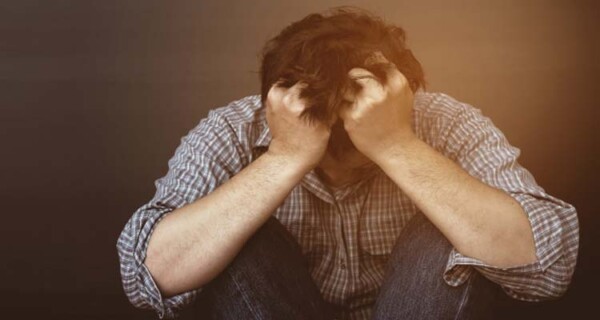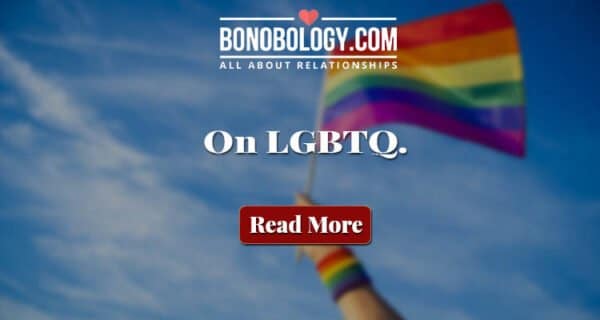The LGBT Body Image Problem
As a teenager I would wonder how every morning my father after his bath could so comfortably come out of the bathroom with only a towel wrapped around his waist. I found it very difficult to come out of the bathroom shirtless. I would either carry an extra towel or a T-shirt. For the longest time I couldn’t understand it. Only when I got into my first relationship with a man did I realize that I actually had to switch off the light before I could take my clothes off and make love. That is when I indeed realized that I suffered severely from gay body image problems and that I was perhaps even suffering from body dysmorphic disorder. Do I have to look like a model? Do I have to post an endless amount of selfies or have bulging muscles? – Waseem Imam Saheb This nervousness about how I looked in front of my lover naked is not unique to me. Men and body image have a long tryst. I discovered that I shared this anxiety with many of my gay clients. A lot of them would tell me how there is a pressing need, almost a compulsion to look like a certain type. “My boyfriend doesn’t like bears, he only likes twinks, but I’m fat and hairy, what do I do?” Or “I am absolutely hairless and the guy I’m seeing has told me on several occasions that he doesn’t like to sleep with South Asian men. I’m so nervous.” These gay body stereotypes are rampant and are the cause for many men losing themselves.
Social media plays a big role in gay shaming
It’s been observed that social media dating apps accentuate these ideas of how one should look like in order to be attractive. There are specific slots: namely jocks, twinks, daddy, hairy, etc. in apps like Grindr, Hornet and Planet Romeo that classify men according to their body types. Men on these apps seeking love, intimacy or sex fall victim to presumed notions of rejection just because most times they don’t fit in. It is well known that identities are produced and performed through our bodies. And these identities are deeply tied to supporting or challenging one’s perception of himself or herself.
A distorted perception of gay body image
For gay men, such a developmental procedure (and its effects) is all the more pronounced. Body image and sexuality are indeed intertwined. They grow up with an extreme lack of intimacy and a deep-rooted fear of rejection. Their own recognition of their sexuality initially comes as a realization that they are ‘different’. This is followed by a desperation to decipher this difference. But when they do, they are again at war with themselves in accepting who they are, in turn converting their lives and relationships with their partners into a way of seeking validation. Gay body positivity simply takes a plunge downwards and these men are left feeling helpless and at a tussle with who they are. Two years ago, a colleague who happened to be a psychologist confided in me how guilty he felt about leaving his partner, the kind of guilt that could kill someone. On probing further, he told me that the guilt wasn’t about the fact that he was breaking up and leaving his partner alone. It was about the fact that even though he loved him, my colleague could never feel any mutual attractions pervading between them. He was just not sexually attracted to him. He lamented how shallow it made him feel about himself. I told him that being erudite and theoretically aware is very different from how our bodies react and respond. “You may be intellectually informed, spiritually enlightened, or even emotionally regardful of others, but you mustn’t forget that you are still inside the body and deal with an outside world that throws abundant gay body stereotypes at you.”
Fear is the root cause
Neale Donald Walsch, in his book Conversations with God, said that the opposite of love isn’t hatred. The opposite of love is fear. The first fear being, “Will he love me back?” And if a relationship begins on the premise of such a fear, it will invariably find space to manifest itself, thereby leading to a fallout. At its core, this may be one of the primary reasons why the idea of aloneness and being lovelorn is so much more pronounced amongst the LGBTQ population which leads to further gay men body image issues. Which again isn’t their fault at all. But it makes me wonder, if there will ever be a time when as a society and species we will no longer strive to normalize anything or anyone and practice gay positivity to make an entire section of a population to feel accepted? All we do is float misconceptions about gay people and traumatize them further with our disregard for their choices. If there’ll ever be a time when we will no longer need to identify ourselves or others as different from each other? Body image and sexuality are both things that should be celebrated instead of being put against one another.


